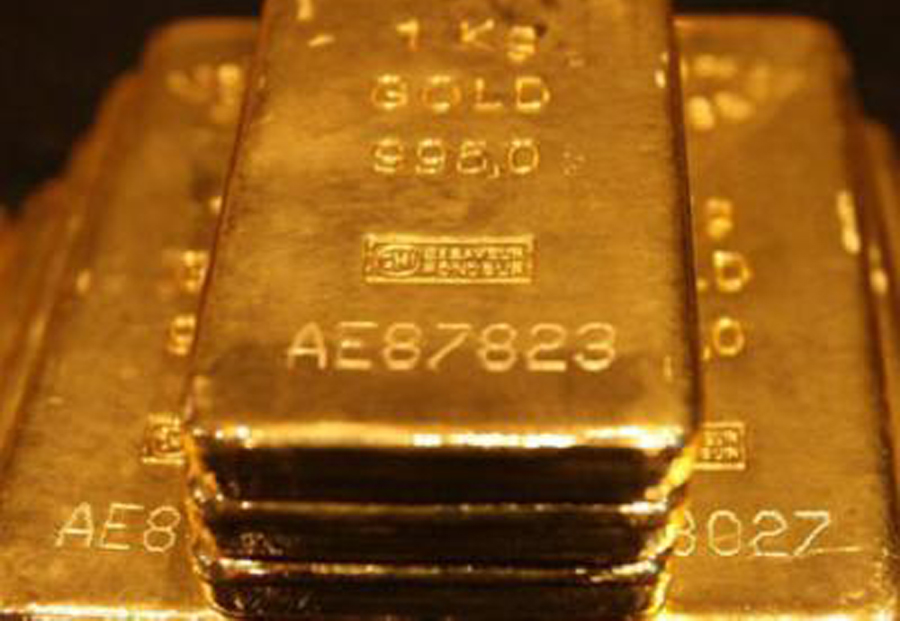
Some gold refineries are refusing to remelt Russian bars even though market rules permit them to do so, in a sign of how toxic the country’s products have become in certain commodities markets.
The London Bullion Market Association, a club of big banks that acts as the overseer of the world’s key gold market, has drawn a distinction between newly produced Russian gold, which it has barred from its market, and metal that was produced before the invasion, which it is still allowing to trade. However, at least two major gold refiners are refusing to remelt old Russian bullion bars, according to people familiar with the situation who asked not be identified as the matter is private.
Russian gold’s pariah status underlines the contradictions in raw materials markets toward Moscow’s war. The LBMA was quick to suspend all six of Russia’s refineries from its accredited list in March, amounting to a ban on new gold from the country being traded in London. Meanwhile energy exports continue to flow to Europe and western trading houses are still buying and selling Russian commodities.
A spokesperson for the LBMA confirmed that it had recently told refineries that they can accept Russian bars that were minted before the suspension of the country’s own accredited firms. Still, refiners are reluctant to remelt the metal. Doing so would effectively disguise its origin, as re-fabricated bars are stamped with the logo of the new refinery.
A spokesperson for Argor-Heraeus SA, a major Swiss refiner, said the firm would accept bars refined in Russia before 2022. Customers must provide documents proving that doing so would not financially benefit a Russian person or entity.
Russian metal supplies have also sown discord in the copper industry. The London Metal Exchange’s copper committee, an advisory group representing the industry, voted earlier this month to recommend banning new deliveries of Russian metal. However, the exchange said it did not plan to take any action that went beyond government-imposed sanctions.
Russia is the world’s No. 2 gold producer, according to data from the World Gold Council, and has previously been a major supplier to western markets. Bars minted by Russian refineries lie in the vaults of top bullion banks, including JPMorgan Chase & Co. and HSBC Holdings Plc, as part of exchange-traded funds, according to their filings.
Invesco Ltd., which manages the third-biggest gold exchange-traded product, said it had no plans to change the Russian bars in its holdings as they can still be traded in the market. State Street Corp., which manages the largest gold ETF, declined to comment. BlackRock Inc., which manages the second biggest, didn’t respond to requests for comment.
(By Eddie Spence, with assistance from Jack Farchy)
Comments